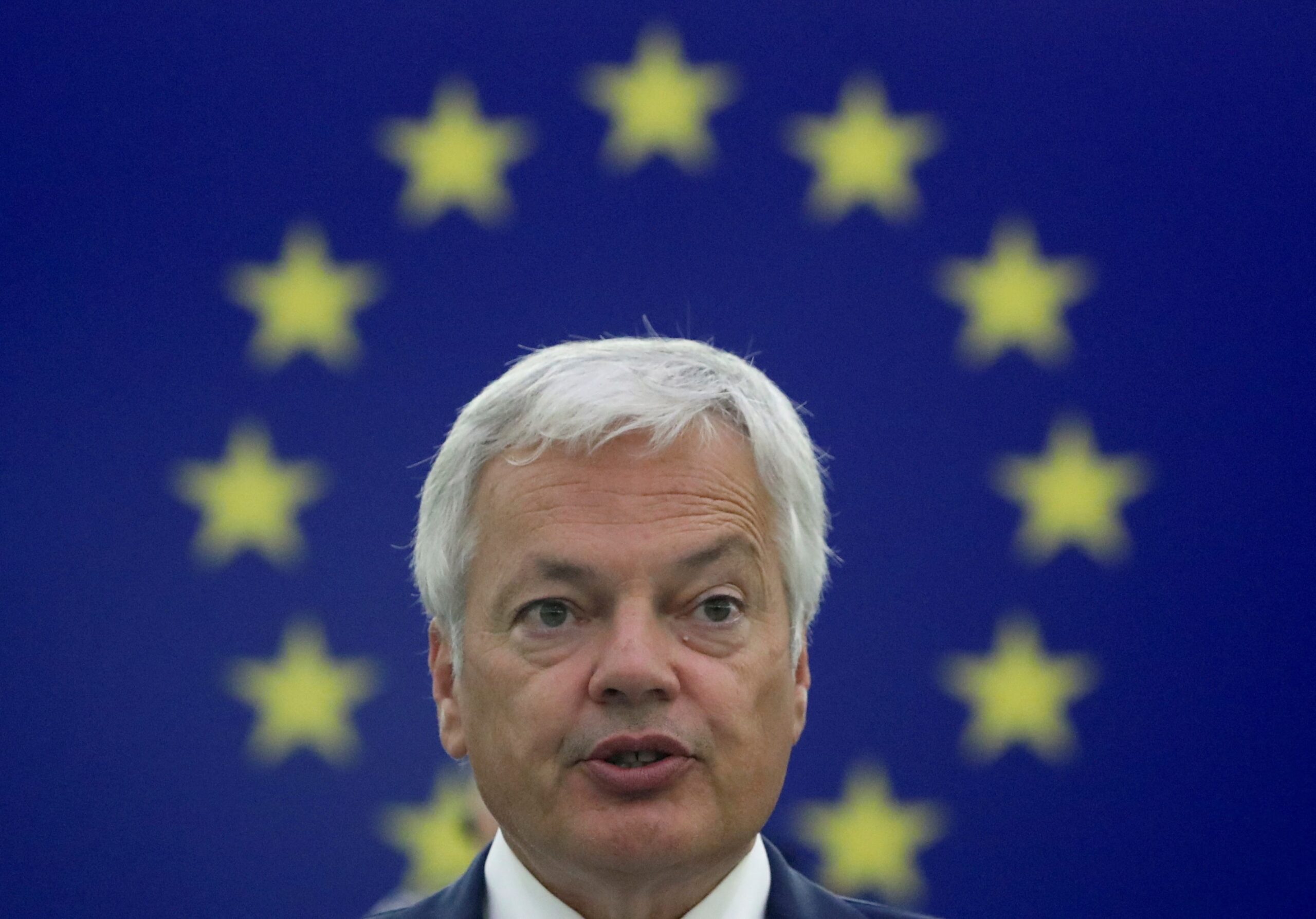The European Parliament voted in favour of imposing a carbon border tax on certain imports earlier this month. The tax aims to protect European industry from the pull of less climate ambitious nations, but it is also a source of controversy.
Lawmakers believe that the carbon border adjustment mechanism (CBAM) will level the playing field for companies inside the European Union (EU), and that it will remove the incentive for companies to leave to avoid European carbon taxes. The adjustment will be felt as an additional levy on specific imports into the EU. Legislators stated that rollout must happen before 2023.

There is concern inside the block that without such a countermeasure, European climate goals will be undermined by other markets that tolerate higher levels of carbon emissions.
Carbon tax enforcement could potentially lead to an exodus of companies from Europe — so-called “carbon Leakage.”
“It’s a matter of survival of our industry. So if others will not move in the same direction, we will have to protect the European Union against distortion of competition and against the risk of carbon leakage,” explained the European Commission’s executive vice-president, Frans Timmermans, during an online event.
Countries with aspiring climate policies that match that of the EU will be able to avoid the carbon border levies, the European Commission has said.
“The CBAM is a great opportunity to reconcile climate, industry, employment, resilience, sovereignty and relocation issues. We must stop being naïve and impose the same carbon price on products, whether they are produced in or outside the EU,” said Yannick Jadot, French environmentalist, politician, and member of the European Parliament.
This will ensure that the most polluting sectors also take part in fighting climate change and innovating towards zero carbon, Jadot said, adding that this is the EU’s best chance of remaining below the 1.5 degrees Celsius warming limit. The tax will push the EU’s trading partners to be equally ambitious, he said.
Voiced concerns
The European Parliament voted 444 in favour and 70 against the carbon border tax, with 181 abstentions. Members stressed that the mechanism must be in line with World Trading Organisation rules and must not be used to promote European protectionism.
The tax adjustment should be a last resort, according to The United States’ special presidential envoy for climate, John Kerry, speaking with media recently.
Kerry said that he was “concerned” about the implications of the EU’s plans, adding that they have “serious implications for economies, and for relationships, and trade.”
The United States is still undecided regarding proposals to work with Europe to develop a common taxonomy for green finance.
“Obviously, the United States has strong feelings about not having excessive regulation,” Kerry told media.
The carbon border tax is viewed by decision makers in China, Japan, India, and other parts of Asia as protectionist and unilateral, according to a survey conducted by German think tank Konrad-Adenauer-Stiftung.
With the CBAM first draft expected for June this year, storm clouds could be approaching.
“China will likely oppose the EU CBAM and there is a potential for the mechanism to spark a trade conflict,” according to authors of the survey.
India “perceives the EU CBAM strongly as protectionist, discriminatory towards developing countries, and contrary to international laws and agreements,” the authors add.

Increasing pressure
Since 1990, climate policy has received plenty of attention from activists and politicians. But compared with the changes that are needed to take place in the coming decade and beyond, the consequences on business have been minimal.
The EU’s ultimate aim is to be carbon neutral by 2050. To achieve this, the European Parliament called for increases to the existing carbon targets, pushing to raise greenhouse gas emission reduction targets to 60% by 2030 compared to 1990, up from 40%.
As targets ratchet up, the effects on companies are likely to be felt far more strongly than they have been in the past.
The Commission is expected to present a legislative proposal on a CBAM in the second quarter of 2021 as part of the European Green Deal . This will include a proposal on how to leverage the revenue generated to finance part of the EU budget.



